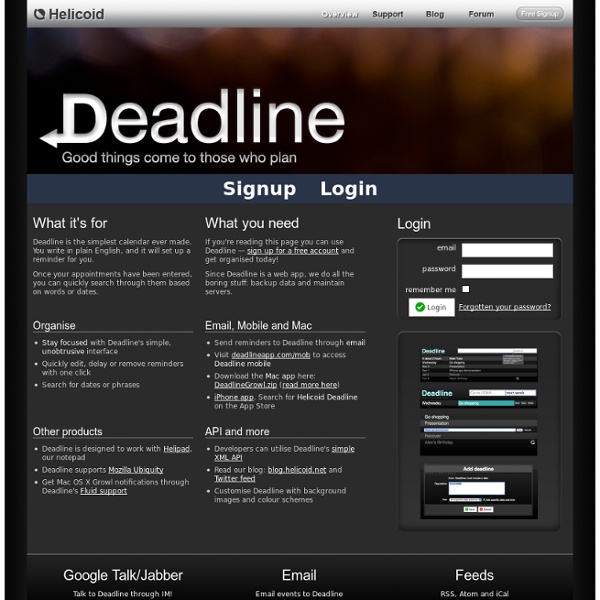



Spanning Sync Blog Make Your Own Moleskine-Like-Notebook What we'll make: Your very own Moleskine-like-notebook/journal/sketchbook. The one we'll be making is 3.5 x 5.5 x .5 inches. Don't be put off by the many steps involved. This particular notebook was developed over many years of feeble attempts to organize my thoughts, appointments and small sketches. I hope you enjoy making and using them as much as I have. Table of Contents: Page 1. Materials Needed: 24 sheets of paper 8.5 x 11 inches (use 20# bond at first then you can try other types of paper) One 8.5 x 11 inch sheet of a "special" paper . Tools Needed: A bookbinders needle . Step 1. Take a sheet of your paper, t-square, triangle and pencil and mark your cut lines as shown. Step 2. Now you have 26 sheets of paper (folios), 24 for your pages and 2 for your endpapers. Step 3. Collate six of your folios into a signature as shown then flatten them. Step 4. Gather your stack of signatures and once more jog the bottom and spine edges to make them nice and neat. Step 5.
Mojonote | Everything you need to remember, in one place Web Calendar: Easily add free web calendars to websites Real Time Calendar Updates Edit your web page calendar in your private KeepandShare account and the web page calendar is instantly updated. Copy the 'embed code' for your calendar into several web pages or blogs, and they'll always be up-to-date! I found your offering while searching high and low for a easy calendar that I could customize & embed in a church website - your calendar is perfect! - Traci Add free calendars to a website page in minutes. Allow non-technical users to easily update the calendar just by logging into the calendar's KeepandShare account. Try It For Free Easy to Implement: Just pick your web calendar & paste our HTML code into your web page. Real Website Screenshots: View 47 screen shots of real calendar embedding. Live Sample Calendars: Interact with live embedding samples. A Short Video Demo: Users Say Your calendar script seems to work flawlessly... Easy-to-Use but Feature-Rich Embed a KeepandShare calendar and make your webmaster life easier.
43 Folders Programs | Electronic Literature Organization Conference Series Beginning in 2002, the ELO has organized and run a conference series dedicated to electronic literature. These conferences have been hosted by Brown University, École nationale supérieure des Arts Décoratifs, the University of California, Los Angeles, Université Paris 8, the University of Maryland, Washington State University Vancouver, and West Virginia University. For more information about current conferences and archives from previous conferences, please visit our conference series site. The ELO’s 2013 conference, “Chercher le Texte: Locating the Text in Electronic Literature” will be hosted by the Laboratoire Paragraphe and the EnsAD (Ecole nationale supérieure des Arts Décoratifs) in Paris, France, September 24-27, 2013. Electronic Literature Collection The Electronic Literature Collection is a periodical publication of current and older electronic literature in a form suitable for individual, public library, and classroom use. Electronic Literature Directory
HTML Calendar: Add a Free HTML Calendar Widget To Your Website Instant HTML Calendar Widget Whenever you edit a calendar in your secure KeepandShare account, all website calendars are instantly updated in real time. Thank you for a great calendar tool! I recently found your offering while searching endlessly for a decent, customizable calendar that I can embed in a club website - your calendar is perfect! Embed a free KeepandShare html calendar in your website or blog. Allow non-technical users to instantly update the calendar. Try It For Free Get Started In Seconds Easy to Implement: Just pick your web calendar type and paste HTML into your website or blog. Let others suggest or add events to your calendar Add a Suggest an Event button to your calendar and others can fill out forms that will add events to your public caleendar - without any work by you! Suggest an Event is an ideal way to grant just "Add Only" rights to other people – they can add an event to your calendar, but can't change any other events. Click on images to enlarge Go To It!
My new organizer « Corrie Haffly My history of organizer systems in bulleted list format: Early college years: Cheap DayRunner vinyl organizer with calendar refill and address bookLater college years: Leather DayTimer organizer that weighed about 50 lbs. with binder-ring style calendar, addresses, notepaper, etc., slots for ID and credit cards, zipper pocket, notepad, blah blah blah…Briefly: Hand-me-down Palm Pilot from my sister. Spent hours entering stuff into it, then stopped using it because the batteries got used up so quickly.Full-time employment years: Yellow legal notepad with tiny printed to-do items listed one after another, crossed off as completedInitial self-employed years: Cheap iPads.com calendar notebook with preprinted monthly sheets, weekly spreads, and pages in between each month for tracking expenses (I used it for tracking invoices), notes, etc. Spiral-bound and custom photo and title/text printed on the cover. Pages 1-3: A long list of books I want to read. Page 4: A list of books I want to buy.